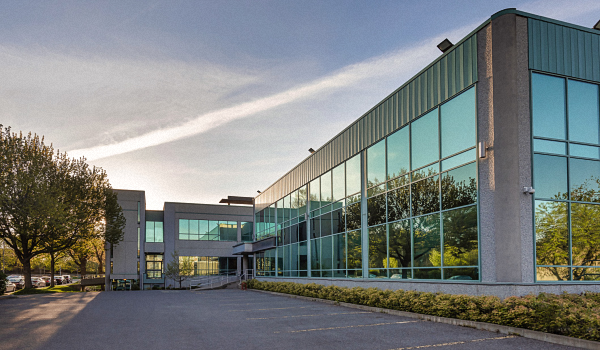
CHOOSING WHETHER TO buy or to rent a Commercial property can often be a difficult decision. When you buy commercial property, you’re purchasing it with cash or loan proceeds. And when you have paid off the loan, you own the property outright.
Renting commercial property means you’re leasing it for a period of time, and you’ll be a tenant rather than an owner.
So, which option will be the most beneficial for you?
To help you make an informed decision, here are some key considerations for both avenues.
Renting a Commercial Property
When renting a commercial property, you have the flexibility to move out and change premises when the lease ends.
If market conditions fluctuate, your business expands or personal circumstances change, you won’t be locked into anything long-term. This can be advantageous, especially if you have a small to medium-sized business that is likely to expand in the coming years.
On the other hand, this flexibility can also be seen as a lack of stability for business owners who may want to establish a longstanding commercial space. Whether this is an advantage or disadvantage will depend on your needs and circumstances.
Renting also means fewer upfront costs.
When purchasing a property, a buyer can be required to pay anywhere between 25 to 50 per cent of the purchase price as a deposit. This isn’t necessary when renting – meaning there is additional cash to put towards business operations.
Given the reduced upfront fees, renting is considered a cheaper option than purchasing a property.
By leasing, it also means you’re likely to have more freedom when it comes to location.
In certain areas, purchasing a property can sometimes be too expensive and renting provides a financially viable alternative. This means you won’t have to compromise on the position of your business.
Buying a Commercial Property
There may be flexibility in renting, but there is stability in owning a property.
Those who purchase commercial property won’t have to deal with finding a new premise at the end of a lease, moving assets and fitting out the space.
You’ll have full control of the building, meaning you can design and fit out the space to cater for your needs – without having to seek approval from a landlord.
While owning a property can come with an array of upfront fees (as previously mentioned), you won’t have to deal with annual rent increases. You can make repayments at a fixed rate which enables you to better plan income and expenses.
There is also the potential to make a capital gain if you decide to sell the property down the track.
Claiming Your Depreciation Benefits
Regardless of whether you’re renting or buying, there are significant taxation benefits available – especially when considering property depreciation.
As a building and its assets age, they depreciate in value. The Australian Taxation Office (ATO) legislation allows owners of income-producing properties to claim deductions for this wear and tear.
Commercial property owners can claim depreciation under two different categories – capital works (division 43) and plant and equipment (division 40).
Capital works deductions are available for the building’s structure and any permanently fixed assets such as bricks, mortar and windows. For most commercial buildings, these deductions can only be claimed if the property commenced construction after 20 July 1982.
Plant and equipment assets are items that can be easily removed from the property such as hot water systems, air conditioners, exhaust fans and security systems.
Depreciation deductions for these assets are calculated based on the individual effective life of each item as set by the ATO and can be claimed by both owners and tenants.
Owners are eligible to claim deductions for any plant and equipment assets they own. In certain instances, owners can also claim any assets left behind by previous tenants.
Tenants can claim depreciation on any assets they add from the starting date of their lease.
If a tenant removes items at the end of their tenancy, they may also be able to claim any remaining depreciation for assets that are removed and scrapped when they vacate the premise.
Immediate write-off and low-value pooling rules may also apply if an asset is below a certain value, particularly for small and medium-sized business owners.
Bottom Line: Given that both the owner and tenant can claim property depreciation simultaneously and there are specific rules and regulations, it’s best to seek expert advice when lodging a claim.













Speak Your Mind